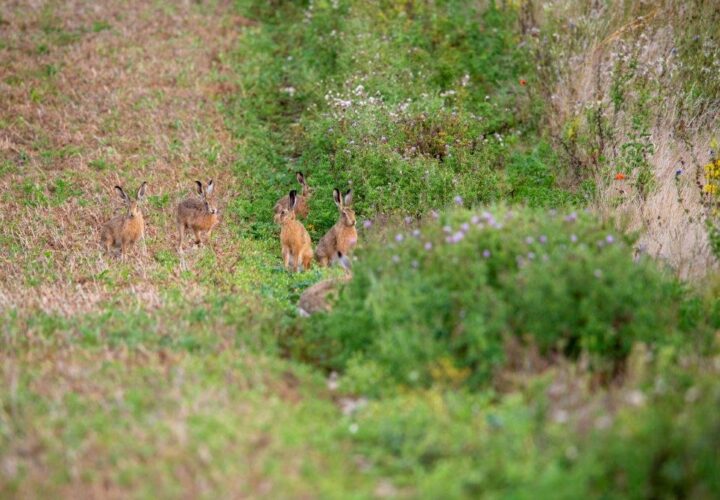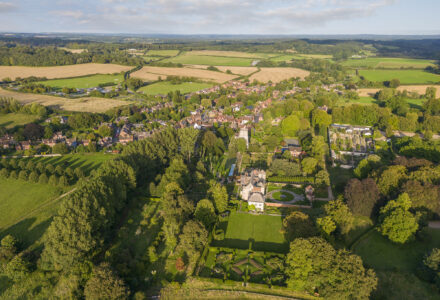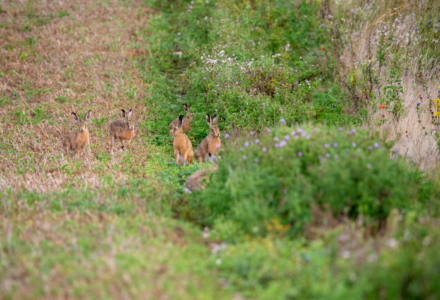An Evaluation on Collaborative Farming and its Role for the Tenant Farmer’s Future
When Ralph Hoppé achieved a high first for his university dissertation on working collaboratively with tenant farmers in September 2022, he did not imagine that, fast forward to Spring 2024, he would be six months into his new role as Rural Surveyor at Gascoyne’s Cranborne Estate and putting some of his thesis into practice.
Estate Director Gavin Fauvel commented:
“The appeal when we first met with Ralph was that he was from a farming family who are tenants of the MOD on Salisbury Plain. How we partner with and support our farm tenants and land occupiers as we go through this period of agricultural transition is a key strand of what we are doing here in Cranborne, so it was a great benefit to us that he already had ‘skin in the game’ so to speak!”
Ralph was working on the opposite side of the world with friends, enjoying learning about the very different approach to farming in New Zealand when he first heard about the role of Rural Surveyor at Cranborne, which he noted, but did not action. Despite his family’s close proximity to the Estate, he had not heard of Cranborne previously.
Upon his return to the UK, Ralph began his search for a permanent role, saw the opportunity again and joined Gascoyne Estates in September 2023.
At a time when farmers are experiencing one of the biggest changes in agricultural policy for over half a century, and are needing to navigate the myriad of complexities around it, Ralph is passionate about working collaboratively with, and supporting Cranborne’s seven tenant farmers, paying particular regard to the gradual loss of the Basic Payment Scheme (BPS), and the introduction of the new Sustainable Farming Incentive (SFI).
“Our farms at Cranborne differ greatly, and I’ve been working on engaging with our rural tenants around their varying concerns or challenges to help support them throughout this transition” said Ralph. “There are multiple factors to be aware of when we meet – is the land situated on chalk soils to the west of the estate or based on lowland grassland to the east, is there a forthcoming tenancy expiry, changes in family circumstances or concerns about the implications of the new policy changes? I have been working closely with our Farm Manager, Dan Moore, to closely study our own (Cranborne Farms) Higher Tier Countryside Stewardship (CS) agreement, a scheme agreed with Natural England in 2023. By doing this we have been able to identify areas that may not fall under the CS scheme, but may be eligible for support under the new SFI, for example, non-use of insecticides, companion cropping and other regenerative farming methods. We feel we should earn our own credentials, on how we explore and adapt to newer farming practices, whilst working alongside our tenants at the same time.
I’ve been really pleased with how positive our engagement is with our farmers, they are keen to meet to discuss progress. The changes in policy have shaken the farming community and they need to talk about it – what are we doing to help? I truly believe that to secure our farmers commitment to the future we must travel this journey together, with collaboration being key”
We believe strongly in combining food production with positive environmental impact. We regularly share our thoughts, what we’ve learnt and any emerging practice, across the teams at our Cranborne and Hatfield Estates.







